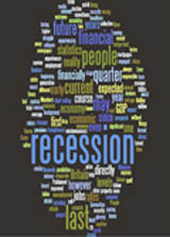The changing face of motherhood in Spain
Introduction
Spain presents a particular vision of contemporary motherhood that is shared with other Southern European countries such as Italy and Greece. Motherhood in Spain is characterised by women having children later in life; marrying later in life; leaving the parental home later in life; and lower levels of women in employment compared with other developed countries. In short, for most Spanish women motherhood takes place when they are in their thirties, and is often seen as an alternative rather than a complimentary lifestyle choice to pursuing a career.
Indeed, for women thinking about becoming mothers, the main fear is that Spain’s relatively inflexible working hours and traditional approach to gender roles in the family will mean that they will no longer be able to pursue a career if they do have children. These fears are compounded by unstable economic conditions, high levels of unemployment for women and young people, a lack of part-time work and evidence of an ‘employment penalty’ (or downward occupational mobility) for women who do return to work after childbirth. For those attempting to establish a work-life balance, personal time, work commitments and socialising are often sacrificed in favour of more time with the family. Family comes at the cost of a competitive edge in the labour market. In fact, for Spanish mothers not spending time with one’s family is perceived as a mark of ‘disadvantage’, above and beyond the potential economic disadvantages of not working.
Policy related to childcare has significantly improved provision in recent years, but most families still rely heavily on extended family networks, especially in the early years. Within the family, there is evidence that roles are still firmly divided along gendered lines, with women taking responsibility for domestic tasks and childcare, and men spending more time at work and in control of the economic sphere of family life. Spain is ranked 12th in the world on the Save the Children 2011 State of the World’s Mothers index
Click here to download the report in pdf format.
The Changing Face of Motherhood research was commissioned by Procter & Gamble (P&G)






